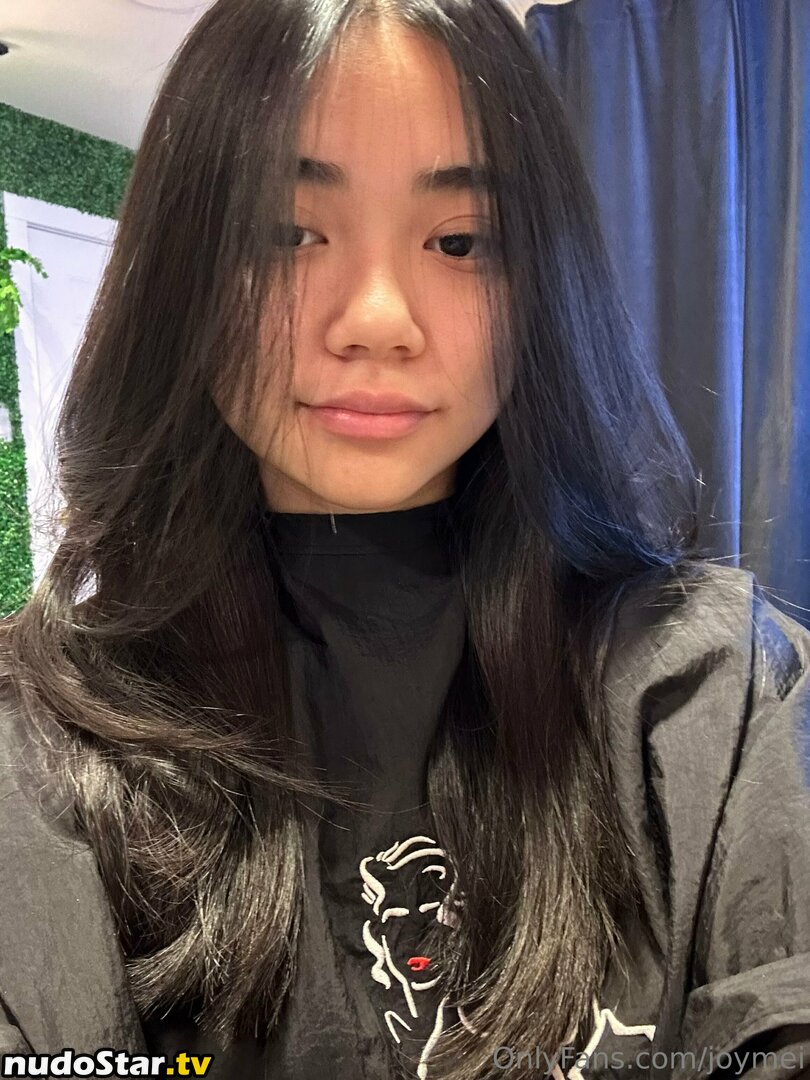Interesting Topic: Learn More About It Here
In the ever-evolving digital landscape, where content creation and consumption reign supreme, how do individuals navigate the complexities of online identity and self-expression? The rise of platforms like OnlyFans has blurred the lines between public persona and private life, raising questions about authenticity, agency, and the commodification of personal content. The case of Joy Mei, a content creator who straddles the worlds of mainstream social media and subscription-based platforms, provides a compelling lens through which to examine these contemporary dilemmas.
Joy Mei's online presence is a tapestry woven with threads of relatability, humor, and carefully curated glimpses into her life. Her TikTok and Instagram accounts, brimming with engaging content, have garnered a significant following. This carefully constructed public image contrasts sharply with the more explicit content she shares on OnlyFans, a platform known for its adult-oriented material. This duality raises questions about the nature of online identity: Is it possible to maintain separate online personae, or do these inevitably bleed into each other, creating a complex and potentially contradictory image?
[table id=1 /]The allure of exclusive content, often involving sexually suggestive or explicit material, has driven the popularity of platforms like OnlyFans. Creators like Joy Mei offer subscribers a glimpse behind the curtain, promising a more intimate connection and access to content unavailable elsewhere. This subscription model raises questions about the commodification of intimacy and the potential for exploitation. While proponents argue that it empowers creators to monetize their content and control their own image, critics express concerns about the potential for coercion, the blurring of boundaries between personal and professional life, and the long-term implications of sharing intimate content online.
The phenomenon of leaked content adds another layer of complexity to the discussion. The availability of "Joy Mei OnlyFans leaks" highlights the inherent risks of sharing sensitive material online. Despite the platform's attempts to protect creators' content, leaks are a persistent issue, raising concerns about privacy, consent, and the potential for reputational damage. This underscores the need for greater awareness of online security and the importance of informed consent when engaging with platforms that host explicit content.
The contrast between Joy Mei's public persona on platforms like TikTok and Instagram and her private content on OnlyFans underscores the multifaceted nature of online identity. In a world where individuals can curate and control their online image, the lines between authenticity and performance become increasingly blurred. The case of Joy Mei serves as a microcosm of the broader conversation surrounding online identity, self-expression, and the ethical implications of the digital age.
The popularity of Joy Mei's content, both on mainstream social media and on OnlyFans, speaks to the changing landscape of entertainment and the growing acceptance of diverse forms of self-expression. While the ethical considerations surrounding platforms like OnlyFans remain a topic of debate, the phenomenon itself highlights the shifting dynamics of online content creation and consumption.
As the digital world continues to evolve, so too will the ways in which individuals navigate the complexities of online identity. The case of Joy Mei provides a valuable opportunity to examine these evolving dynamics and to engage in a critical discussion about the future of online self-expression.


